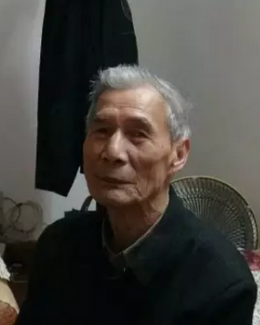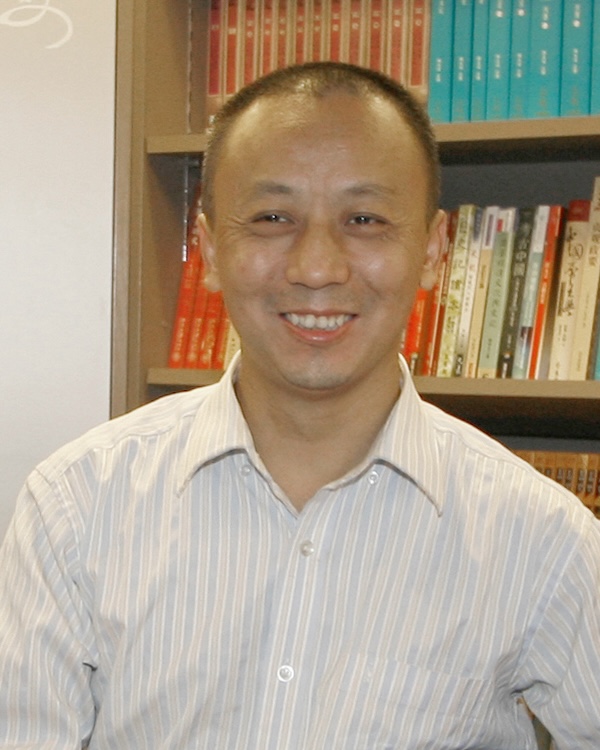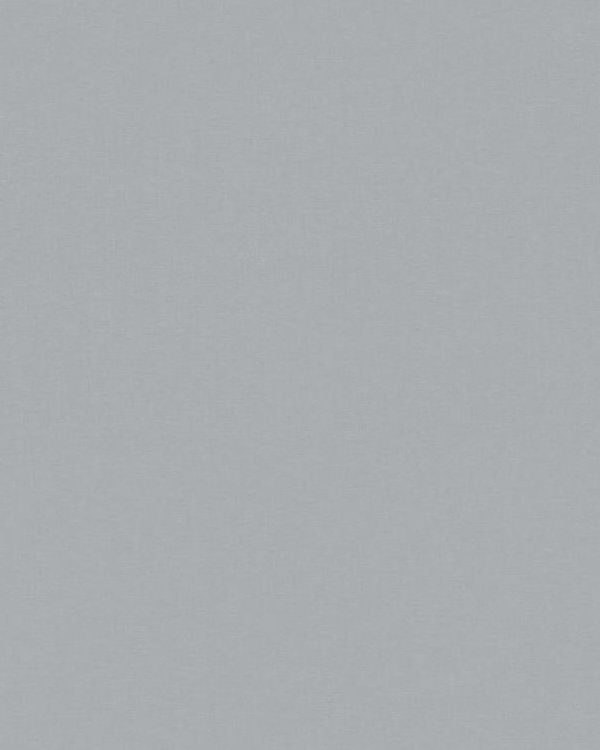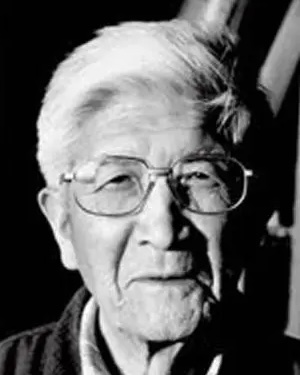Explore the creators
Showing 229 creators in the collection
229 creators
Wu Leng xi
Wu Lengxi (December 14, 1919 - June 16, 2002) was a vice minister of the Publicity Department of the Central Committee of CCP, minister of National Radio and Television, and party secretary of Guangdong Province.
A native of Xinhui County, Guangdong Province, Wu entered the Yan’an Anti-Japanese Military and Political University in 1937 and joined the CCP the following year. From 1939 to 1964 he served as editor of the CCP weekly magazine *Jiefang (Liberation)*, editor and director of CCP newspaper *Jiefang Ribao (Liberation Daily)*, editor-in-chief and director of Xinhua News Agency, editor-in-chief of CCP’s flagship newspaper *People's Daily*, and vice minister of the Publicity Department of the Central Committee of the CCP.
During the Cultural Revolution, Wu was suspended from his position and persecuted for failing to lead the *People's Daily* in cooperating with the Cultural Revolution propaganda. He was reinstated in his position in 1972, and later led the editing and publication of Mao Zedong's writings and served as a researcher of the State Council. In April 1980, he became the party secretary of Guangdong Province, where he concurrently served as a vice director of the Party Literature Research Center of the Central Committee of the CCP. In April 1982, Wu became the head and party secretary of the Ministry of Radio, Film and Television. He retired in 1998. On June 16, 2002, he passed away in Beijing.
Wu wrote and published *Recalling Chairman Mao-Several Fragments of Major Historical Events I Have Personally Experienced*, *Ten Years of War: A Memoir of Sino-Soviet Relations 1956-1966*, and *New Explorations, the Rectification and the Anti-Rightist Campaign (A Memoirs by Wu Lengxi)*.
Wu Ningkun
Wu Ningkun: A famous translator. In his later years, he authored the memoir A Drop of Tear
Wu Renhua
Wu Renhua (1956-) is a scholar of historical documents, a participant in the 1989 pro-democracy movement, which he has long studied.
Born in Pingyang County, Zhejiang Province, Wu was admitted to the Department of Chinese Language and Literature at Peking University in 1977, majoring in Classical Chinese Literature, and received his bachelor's and master's degrees. In 1986, he was assigned to the Institute of Classical Legal Literature at the China University of Political Science and Law and worked as an assistant researcher and office director.
During the 1989 pro-democracy movement, Wu was present throughout, participating in the organization of a special picket to maintain order and protect students, and witnessing the scene of tanks running over people. In February 1990, Wu swam from Zhuhai to Macao, and then took a fishing boat to Hong Kong under the arrangement of “Operation Yellowbird" (a Hong Kong-based operation to help Chinese dissidents escape arrest by facilitating their departure overseas via Hong Kong); on July 5, Wu arrived in the U.S.
From May 1991 to July 2005, Wu was the editor-in-chief of the Chinese newspaper *Press Freedom Herald*, founded by Chinese media workers living abroad. He was also a member of the China Democratic Solidarity League, a board member of Federation for a Democratic China, a board member of the *China Spring* magazine, and the secretary-general of the China Constitutional Reform Association.
Over the years, Wu has been dedicated to collecting information on the 1989 pro-democracy movement, searching for and compiling names of those who were arrested, died and injured, participated in the rescue of the injured, and those who did the harm. He has written and published three books, *Tiananmen Massacre in 24 Hours*, 1*989 Martial Law Troops*, and *Major Events, Tiananmen 1989*, which provide a comprehensive record of the 1989 pro-democracy movement and the June 4 Tiananmen Square incident.
Since 2018, Wu has settled in Taiwan. He was a visiting scholar at Soochow University and Chung Cheng University, where he offered courses on the June 4 Incident.
Wu Wenjun
Wu Wenjun (1940-2010), was admitted to the Chinese Language and Literature Department of Lanzhou University in September 1962 and joined the Communist Party of China in November 1972. He served as the deputy director of the Propaganda Department of the Lanzhou Municipal Party Committee and president of the Lanzhou Academy of Social Sciences, and also served as the deputy chairman of the Gansu Provincial Federation of Social Sciences, deputy chairman of the Lanzhou Municipal People's Political Consultative Conference, and chairman of the Lanzhou Municipal Federation of Social Sciences.
Wu Yisan
Writer Wu Yisan is the founder of Hong Kong Five-Seven Society, an organization established in 2007 and dedicated to the collection, research and publishing of everything related to the Anti-Rightist campaign in 1957, to restore and present the truth about a period of history characterized by severe persecution of intellectuals. Over the years, Mr. Wu has devoted himself to compiling The Dictionary of Names of 1957 Victims. As the Chief Editor of The Hong Kong Five-Seven Society Publishing House, he also published The Biography of the 1957 Rightists.
Xiang Chengjian
Xiang Chengjian (January 19, 1939) was born in Wuning, Jiangxi province, with ancestral roots in Guangshan County, Henan.
He experienced extreme poverty as a child, recounting in his memoir that he had to beg for food and that his family lived in a thatched hut. His mother died when Xiang was young and his father was a laborer with little formal education. His family was classified as poor peasants, but he had consistently excellent grades in school.
In 1956, he was admitted to the Department of Chemistry of Lanzhou University. He participated in the “mingfang” movement, when students were encouraged to critique the party. He was elected to the university’s Mingfang Committee and compiled criticisms of the administration, including how professors were victimized in previous political campaigns.
He was labeled a Rightist in 1957 for his participation in the Mingfang movement, as well as for making an offhand comment criticizing a big-character poster.He was exiled to Tianshui, Gansu Province for re-education through labor in 1958.
During the Great Famine, he and other exiled students founded the underground publication Spark. He was one of the magazine’s core members, along with Zhang Chunyuan, Gu Yan, and Miao Qingjiu. He was a key writer for the journal, including pieces such as:
--《自白》 (Confession), a personal declaration of opposition to the Communist government;
--《目前形势与我们的任务》 (The Current Situation and Our Mission), a political analysis urging resistance;
--《九个指头与一个指头》 (Nine Fingers and One Finger), critique of Mao Zedong’s rhetoric about focusing on achievements over mistakes.
In “Letter to the People,” Xiang wrote:
<i>When millions, tens of millions of farmers starve to death on their beds, on trains, by railroads, at the bottom of a ditch, when hundreds of millions (400 million) people are dying of starvation, when the other 200 million are half-starved. When they are full, those animals who “wholeheartedly” serve the people and are “people’s servants” can buy any snacks, biscuits, candies. . . . They feasted and walked away (who would dare to ask them for food stamps), and as soon as they arrived, the meal was served. </i>
Xiang also decried the moral relativism of China’s top leaders. Decades before Mao’s private doctor shocked the world with his tales of Mao’s sex with young women, Xiang pointed out the hypocrisy of the older men who led China. While appealing to steadfastness and loyalty, they had taken up with younger women, casting aside their wives who had suffered with them while they were fighting for the revolution. Even worse, information had come to light during the Anti-Rightist Campaign showing that many officials freely took the daughters and wives of persecuted families.
Xiang was also directly involved in manually carving the printing blocks for the first issue of <i>Spark</i> along with Miao Qingjiu. They worked in a secret location at night, using an old duplicating machine left from an abandoned factory.
He was arrested in September 1960. After over a year of solitary confinement, he was convicted in July 1962 in Wushan County as a "counterrevolutionary" and sentenced to 18 years in prison. He served time in Gansu Province's Third Prison, Lanzhou Brick and Tile Factory, and several forced labor camps, including those in Yumen (Gansu) and Delingha (Qinghai Province). During this period, he endured hard labor, poor conditions, and political persecution.
In his memoir, he describes the travails that he and other youth experienced between 1957-60, his nearly two decades in prison, when he witnessed violence and executions, and his release and rehabilitation.
Xiang was released from prison in September 1978 but was forced to keep teaching in a labor camp school. His case was only overturned in 1981, allowing him to return to Lanzhou, where he became a teacher at the Lanzhou Liancheng Aluminum Factory Middle School.
In 1984, Lanzhou University issued him a retroactive bachelor's degree, and he rose to become a senior high school teacher, later serving as a vice principal and principal.
He later retired from teaching in 1998 and began writing his autobiography, completing <i>Return of the Soul from Purgatory</i>, a volume of 370,000 characters.
In 2014, he completed his second book, <i>Dissent and Reflections on Marxism</i>, which has been published in Hong Kong.
In 2016 he was interviewed by the Chinese journalist Jiang Xue and is the main character in a 40-minute film that Jiang Xue made along with the citizen videographer <a href="http://108.160.154.72/s/china-unofficial/item/220">Zhang Shihe (Tiger Temple)</a>.
Xiao Shu
Xiao Shu (December 27, 1962-), a native of Yilong County, Sichuan Province, is a writer and political commentator. Xiao Shu graduated from the Department of History of Sun Yat-sen University in 1984. After graduation, he taught CCP history at Wuhan Medical College, where he was suspended from teaching for seven years for refusing to write propaganda articles after the violent suppression of anti-government protesters in June, 1989. He resumed teaching in 1996, where he taught courses that had a reputation for being open. He published books challenging official historical narratives including <i>The Herald of History: The Solemn Promise of Half a Century Ago</i>, which compiled a variety of pro-democracy statements released by the CCP media, and <i>The Truth about Liu Wencai</i>, which offered a more positive view of Liu Wencai, who was portrayed as an exploiting landlord by the CCP. As a result, he was forced to resign from the college in 2001. In 2002, Xiao Shu became the executive editor of the government-run <i>China Reform</i> magazine in Beijing. In 2005, he left the position under pressure from the authorities and went to Guangzhou to work as a senior commentator for <i>Southern Weekly</i>.
Xiao Shu supports freedom of expression, political reform, and the development of civil society, and has published many social and political critiques during his time at <i>Southern Weekly</i>, as well as writing commentaries for overseas media outlets such as BBC Chinese, the Financial Times, and the New York Times. He was expelled from <i>Southern Weekly</i> in 2011 and his Sina Weibo account was deactivated by the government in 2012. In 2013, Xiao Shu was taken away by the police for his repeated participation in and support of civic activism, and was released two days later.
Xin Haonian
Xin Haonian (November 2, 1947-) is a writer and scholar. Born in Nanjing, Xin Haonian was admitted to Wuhu No. 1 Middle School in 1964, and went to work in the rural area of Wuhu as a sent-down youth after graduation. In 1968, he worked as an elementary school teacher, a middle school teacher, and a staff member of the local education bureau. In 1976, Xin began to publish long novels, joined the Chinese Writers' Association in 1982, and worked as a full-time writer in the Anhui Federation of Literary and Arts Circles. He was later awarded by the Ministry of Education as a "first-class writer", and was appointed as a professor by Nankai University in 1994. Xin was also a representative and a Standing Committee member of the local people’s congress.
In March 1994, Xin did not accept to go to Nankai and traveled to North America instead, where he has since dedicated to research on modern Chinese history, especially Republican history. He was a visiting scholar at the Institute of East Asian Studies at Columbia University, where he was also appointed as a post-doctoral researcher in history. In 2001, Xin founded a history magazine *Huanghuagang* (named after the location of an important Republican uprising ) and served as its editor-in-chief, and established the Institute of Modern Chinese History. In October 2014, he announced the reorganization and renaming of the Institute as the Working Committee for the Restoration of the Republic of China (Mainland). In May 2018, he founded the Greater Republic of China Restoration Society in New York with supporters of the restoration of the lost lands of the Republic of China.
Xin has written and published several novels and academic monographs, including *Chronicle of the 1980s*, a trilogy satirizing China's polarization between the rich and poor and authoritarian rule, and *Who is the New China*, a monograph on modern history criticizing the legitimacy of the Chinese Communist government.
Xing Tongyi
Xing Tongyi, born in Tianshui, Gansu Province, graduated from Tianshui No. 1 High School in 1966, and has served as a reporter and deputy director of Gansu People's Broadcasting Station, deputy party secretary of Jiuquan city and chairman of Jiuquan Municipal People's Congress Standing Committee. He spent eight years researching historical data and conducting interviews, and wrote <i>Worlds Away: A Look Back at Jiabiangou</i>, a reportage about the labor farm in Jiabiangou.
Xu Liangying
Xu Liangying (May 3, 1920 - January 28, 2013), a native of Linhai, Zhejiang Province, was a physicist, historian and philosopher of natural science, and a campaigner for democracy.
Xu graduated from the Physics Department of Zhejiang University in 1942 and then started teaching there in 1945. In 1946, he joined the Chinese Communist Party, and became the underground CCP party secretary at Zhejiang University in 1947. In 1950, he became an official of the Communist Youth League of China in Hangzhou City, before transferring to the Chinese Academy of Sciences (CAS) in 1952.
At the CAS, he once worked as a general censor, checking scientific papers for counter-revolutionary tendencies or content that jeopardized national security. In 1957, Xu was labeled a Rightist for criticizing the Anti-Rightist Campaign, expelled from public office and the CCP, and sent back to his hometown to work as a farmer for 20 years. After rehabilitation in 1978, Xu was reinstated to the CCP and returned to the CAS to work as a researcher at the Institute for the History of Natural Science.
Xu’s main research interest was history and philosophy of science, especially on Einstein's thoughts and the interrelationship between science and society. He published more than 200 papers and edited many books.
Believing that only freedom and democracy can promote scientific progress, Xu wrote articles calling for political reform, and twice initiated joint letters from scientists calling for improvement of the human rights situation in China.
In 2013, Xu passed away due to illness.



